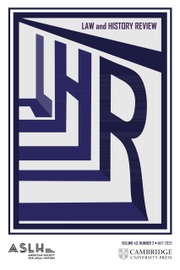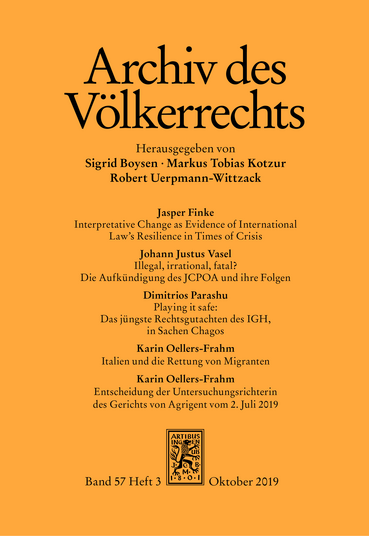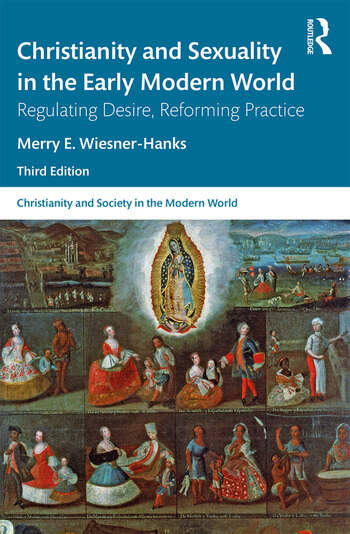ABOUT THE SERIES
The Series of Studies in medieval and modern legal history Historia et Ius, published in electronic form in open access, was created on the initiative of the same editorial board of the homonymous history journal of the medieval and modern age. It aims to constitute an instrument of diffusion, on an international basis, of the results of historical legal research and of the comparison of ideas and methodological approaches. Each volume, as well as the articles published in the journal, is subject to double blind peer-review. The book series receives texts in Italian, English, French, Spanish and German languages.
ABOUT THE BOOK
Ce volume présente les actes de trois colloques : Le nihilisme juridique. Autour de l’ouvrage de Natalino Irti à l’Université de Bordeaux, le 18 décembre 2017 ; « Chacun choisit son droit ». Nihilisme juridique et guerre des valeurs à l’Institut d’Histoire du Droit (EA 2515) de l’Université Paris Descartes, le 23 mars 2018 ; Dialogo sul nichilismo giuridico all’Università, Roma Tre, le 15 novembre 2018. Les colloques ont aussi été l’occasion de présenter et de discuter la traduction française de 2017 du volume de Natalino Irti Nichilismo giuridico, sous la direction de Nader Hakim, Paris, Dalloz (Rivages du droit). Dans sa contribution sur le nihilisme juridique, Natalino Irti nous présente les résultats convergents d’une longue tradition de recherches et d’enseignement. Elle se caractérise par une grande profondeur intellectuelle et par une sensibilité aiguë aux problèmes de la société moderne, notamment concernant la formation du juriste et la nature du droit dans sa nouvelle dimension technique et économique.
L’expression « nihilisme juridique », proposée par Irti dans le panorama de la science juridique contemporaine à la fin des années 1990, se fonde sur une dimension extra-étatique du droit. Le droit de l’État, dans son acception traditionnelle, a du mal à poursuivre les phénomènes de la technique et de l’économie, qui ne connaissent pas de limites et ont une dimension planétaire. Irti affirme que « tandis que la puissance politico-juridique [...] agit dans le langage de la territorialité, la techno-économie étend sur le globe son propre espace » et, ainsi, « le droit se retrouve étonné et égaré ». L’artificialité devient, pour Irti, le caractère qui détermine la norme juridique. L’artificialité, en effet, en se libérant de manière graduelle des liens territoriaux et des traditions historiques, est le trait propre de la modernité juridique qui voit le droit prêt à accueillir n’importe quel contenu. C’est pourquoi, selon l’auteur, « les normes sont artificielles, ne tenant pas compte des contenus, capables de déterminer leur temps et leur espace. À ces normes, on applique le simple formalisme de la production : tout est procédure ».
Natalino Irti, juriste, avocat, philosophe et homme politique, est une figure de tout premier plan de la culture italienne. Son importance en tant qu’intellectuel a franchi les limites de la culture juridique car il a affronté des thèmes théoriques, philosophiques et politiques de grande envergure. C’est ainsi un observateur lucide de l’évolution du droit, mais également de la société italienne. Il exerce une influence certaine grâce à ses interventions fréquentes et à ses articles dans la presse quotidienne. Quoiqu’on ne puisse certainement pas définir Natalino Irti comme un « intellectuel engagé » classique, ses interventions, toujours élégantes et respectueuses, caractérisées par un certain détachement et dépourvues de vis polemica, ont joué un rôle considérable dans le débat politique, en particulier dans la culture d’inspiration libérale et laïque. Ses études de droit privé, abordées avec une sensibilité historique et philosophique particulière, ont toujours mis en lumière des thèmes à caractère général comme la nature et les fondements du droit. Ces interrogations ont, à l’époque, mis en évidence les tendances de fond de l’évolution plus récente du droit et ont souvent animé d’intenses débats dans la doctrine juridique italienne.
TABLE OF CONTENTS
Préface de Paolo Alvazzi del Frate et Giordano Ferri p. 1
Natalino Irti, Nihilisme juridique p. 3
I
Le nihilisme juridique
Autour de l’ouvrage de Natalino Irti
Giordano Ferri, De la décodification au nihilisme juridique p. 13
Riccardo Guastini, Naturalisme, nihilisme, positivisme p. 37
Xavier Prévost, Droit et économie. Brève comparaison des philosophies
de Natalino Irti et de Benoît Frydman p. 49
Giuseppe Zaccaria, Autour de l’œuvre et sur le nihilisme de Natalino Irti :
quelques remarques p. 65
II
« Chacun choisit son droit »
Nihilisme juridique et guerre des valeurs
Fatiha Cherfouh-Baïch, Nihilisme et guerre des valeurs p. 81
Carlos M. Herrera, Nihilisme juridique et démocratie.
A propos d’un livre de Natalino Irti p. 91
Frédéric F. Martin, Nihilisme et modernité juridiques.
Droit, valeurs et oubli des formes chez Natalino Irti p. 99
Nader Hakim, « Chacun choisit son propre droit » :
le droit sur le fil du rasoir postmoderne p. 123
Paolo Alvazzi del Frate, Nihilisme juridique et responsabilité.
Considérations autour d’un malentendu p. 135
III
«Dialogo sul nichilismo giuridico»
Massimo Vogliotti, Fragilità della Costituzione e nichilismo giuridico p. 143
























